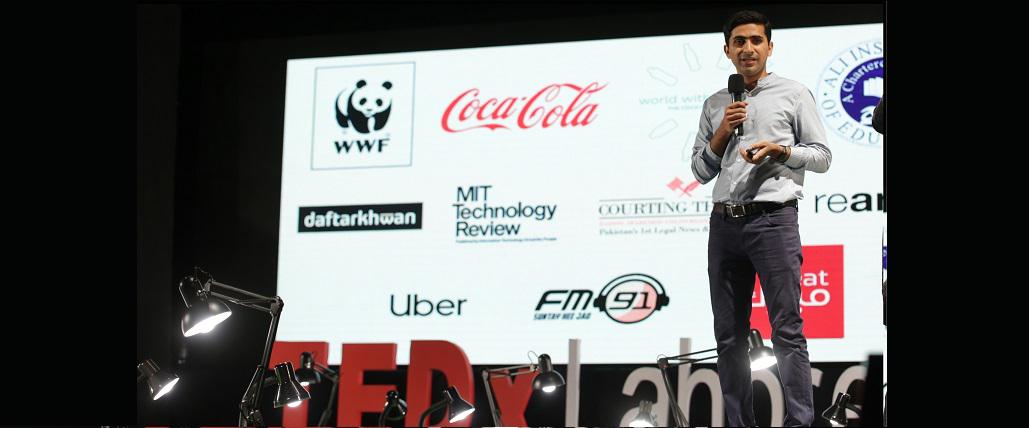
Coca‑Cola and WWF-Pakistan’s First-Ever Plastic Recovery Hut Successfully Concludes in Lahore
14/11/2019
Coca‑Cola and WWF-Pakistan successfully concluded their first of its kind public engagement activity in Lahore, earlier introduced as the ‘Plastic Hut’ with a special closing ceremony held at Packages Mall Lahore on Tuesday, November 12, 2019. The ceremony was attended by senior officials from both entities including Faisal Hashmi Head of Government Affairs at Coca‑Cola Pakistan, Dr. Masood Arshad Director Food, Water and Climate at WWF-Pakistan as well as human rights activist/veteran artist Faryal Gohar in addition to general public from all walks of life.
The month long activity was aimed at spreading awareness on the issue of plastic waste management in Pakistan as well as to engage general public towards responsible collection and recycling of empty plastic PET bottles to tackle the issue of plastic waste pollution more effectively through public engagement and support. The activity was successful in educating thousands of local residents on the importance of plastic waste segregation and recycling. Whereby, 1477 local residents were rewarded with special gifts and prizes through lucky draws for participating in the activity and making possible the collection and recycling of 3,932 bottles which weighed to 106.05 kgs.
Speaking about the activity, Fahad Qadir, Public Affairs & Communications Director at Coca‑Cola Pakistan said, “The idea of organizing this activity originated from The Coca‑Cola Company’s concern with tackling the global crisis of plastic waste management. In this regard, the Company launched its product packaging policy ‘World Without Waste’ on January 19, 2018, following which the Company pledged that by 2030 it will lead the industry with a bold and ambitious goal of helping to collect and recycle the equivalent of every bottle or can it sells in the market”.
Owing to rapid urbanisation, a booming population and increasing consumerism, Pakistan’s plastic industry is flourishing at an annual growth rate of 15% while this burgeoning use of plastic is unbalancing the scale due to its carbon footprint and negative effect on ecosystems. Based on current data, Pakistan produces 50,438 tonnes of Municipal Solid Waste per day out of which 18% is plastic waste which is a considerably high percentage when compared to other countries of comparable socio-economic development and income level.
"It is due to our negligence on proper disposal and recycling of plastics that the Indus River has now been declared as the second most polluted river in the world. This proves that plastic pollution is not a first world issue, it has emerged as a global issue. WWF- Pakistan, therefore, acknowledges the need to create awareness among citizens; this plastic recovery facility is just one of many manifestations. With support from environmentally conscious partners such as The Coca‑Cola Foundation, WWF will continue to initiate more campaigns like this to promote cleaner Pakistan" said Hammad Naqi Khan, Director General WWF-Pakistan.
While single use plastic bags with an average life span of 12 minutes, are non-recyclable and a massive problem both for land and oceans. On the contrary, studies show that PET waste can be efficiently recycled back into the value chain in a sustainable and profitable way and initiatives like the ‘Plastic Hut’ serve an important role in achieving this target.